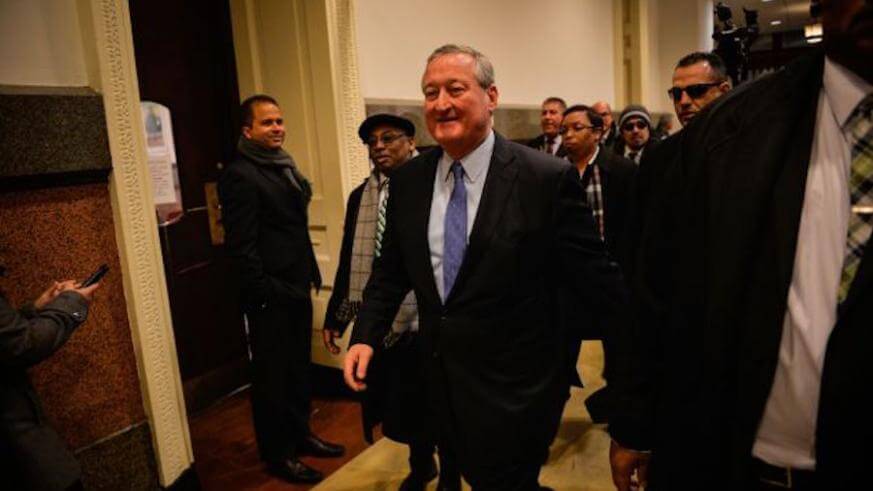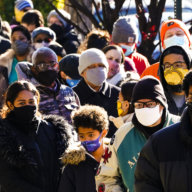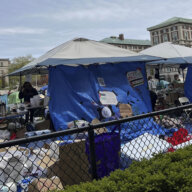A federal judge ruled the Justice Department could not withhold funds from Philadelphia as ordered by President Trump in retaliation for Mayor Jim Kenney’s defiant maintenance of its “sanctuary city” policy.
“Today’s ruling benefits every single Philadelphia resident,” Mayor Kenney said in a statement. “Our police officers and criminal justice partners will receive much-needed federal funding, and our city will be able to continue practices that keep our communities safe and provide victims and witnesses the security to come forward.”
Trump ordered a criminal justice grant under the Byrne JAG (JAG) program for 2017 to be withheld in response to the city’s policies “that seek to protect the confidential information of its immigrant population,” as Kenney’s office put it.
Philly received $1.6 million from the JAG program last year, and over the last 11 years, got an average of $2.2 million per year.
The funding goes to “police overtime and equipment enhancements, upgrades to courtroom technology, training for law enforcement and alternative programming for low-level offenders,” according to the city.
“The judge recognized what the city has maintained all along. We are in compliance with federal law,” said City Solicitor Sozi Pedro Tulante in a statement, “and attaching immigration-related conditions to a grant having nothing to do with immigration is harmful to Philadelphians’ safety.”
Trump has harshly criticized sanctuary city policies like those adopted by Philadelphia, under which local law enforcement will not honor federal immigration enforcement orders to detain certain individuals.
Recent nationwide raids that led to the arrests of 107 undocumented immigrants in Philadelphia were widely seen as blatant retaliation for the city’s sanctuary city policy. ICE Acting Director Tom Homan said those raids were intentionally “focused on cities and regions where ICE deportation officers are denied access to jails and prisons.”




























